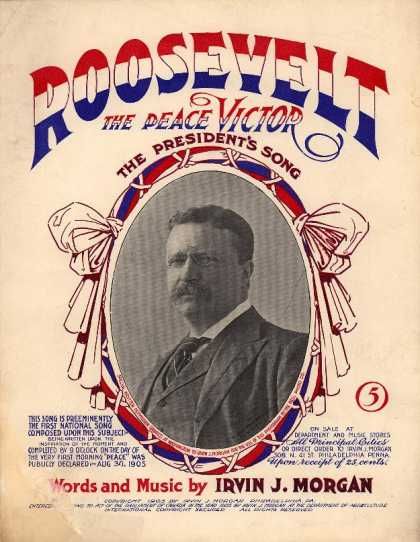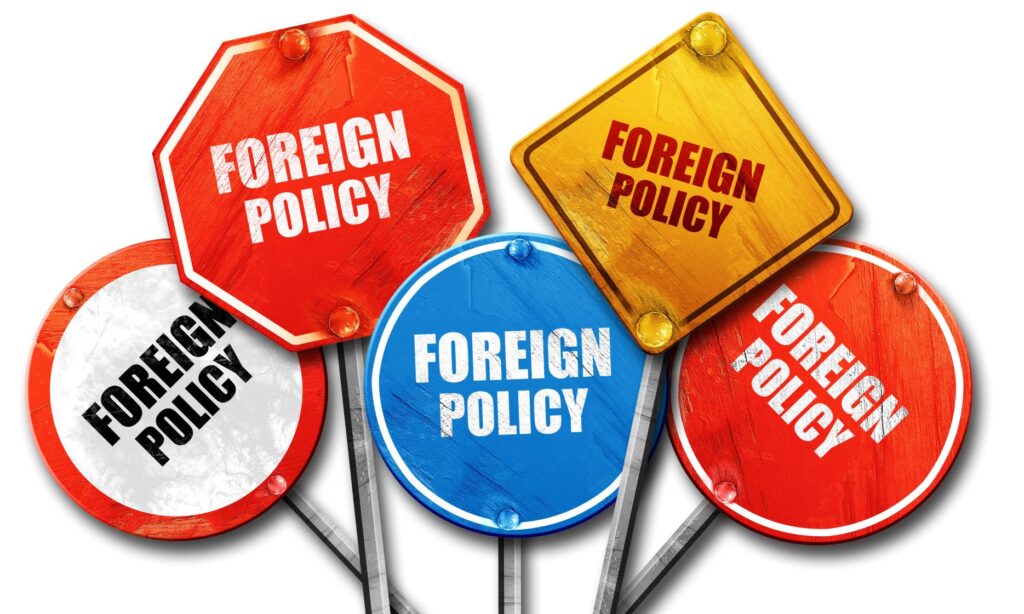Due to family and medical reasons, my posts have been few and far between since the mid-term election last year. I am deeply grateful and honored by those of you who have nevertheless continued to read, share and subscribe to this website and its versions on Substack, Facebook and Twitter (or X, as Elon Musk now calls it). Your loyalty led to New Nationalism being recently named by the Feedspot e-zine as one of the top 80 WordPress political blogs in the world. Now that we are approaching a potentially pivotal presidential election, the need for this kind of unifying debate on the real issues American voters will face next year is urgent. This debate begins, as TR said above, with a look back at the past year and where we are going.
It is tempting to survey the current state of America and feel both secure and, indeed, triumphant. We enjoy record low unemployment and the inflation rate has come down, though is still higher than it was over the past few decades. Overseas, American assistance has enabled Ukraine to expose Russian military weakness and Chinese ambitions are being challenged by an Asian coalition led by the United States. So, why are Americans so glum? What could go wrong?
In fact, quite a lot. Americans care not just about the present, but even more about the future of their children and, as a result, of the nation they will live in. They survey the public landscape and see rising tensions leading to talk of war, lagging wages, continuing economic inequality, and a warming climate. Meanwhile, the response of the American political system is a stalemate at best on these issues and at worst, divisive and irrelevant personal vendettas. Worse, the two major parties in next year’s presidential election appear poised to offer a only a choice between the increasingly feeble and increasingly deranged.
The mission of this site is to offer a third way that Americans can rally around based on the nationalist philosophy of Theodore Roosevelt. We believe America is exceptional not because of ethnicity, but because of its values of liberty, equality and the pursuit of the American Dream. We also recognize the reality of a world in which other nations are embracing and acting on their own nationalist traditions and ambitions, whether in the form of Russian revanchism, Ukrainian heroism or Chinese threats. Relying solely on an ideology of globalist liberal hegemony essentially amounts to a form of unilateral disarmament and threatens the survival of our values not just abroad, but here at home as well.
Over the next year, our goal will be to continue to challenge the conventional wisdom of both parties and develop a progressive nationalist platform that voters can use to challenge the candidates. It will highlight the new, real political debate between globalism and nationalism without condemning those who take the opposite side. All Americans will have to work together if we are to succeed and accomplish our mutual goal of remaining free and prosperous at home and the beacon of liberty abroad. I invite all of you to join in this journey over the next year on any of these platforms:
Main website: www.newnationalism.com
Facebook: www.Facebook.com/newamericannationalism
Substack: https://robertclaude.substack.com/?utm_source=discover_search
Twitter (X) : @nationalismnew



